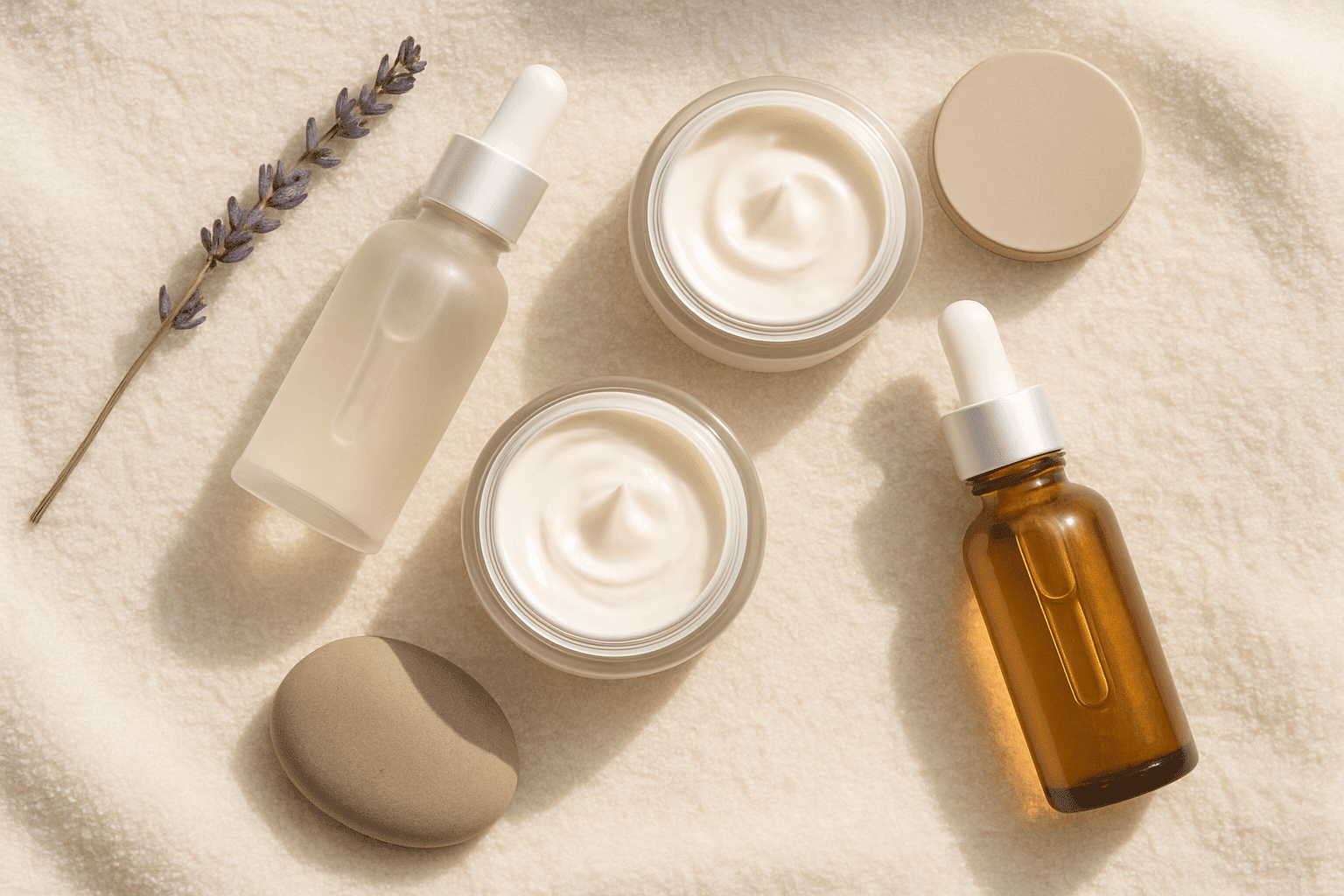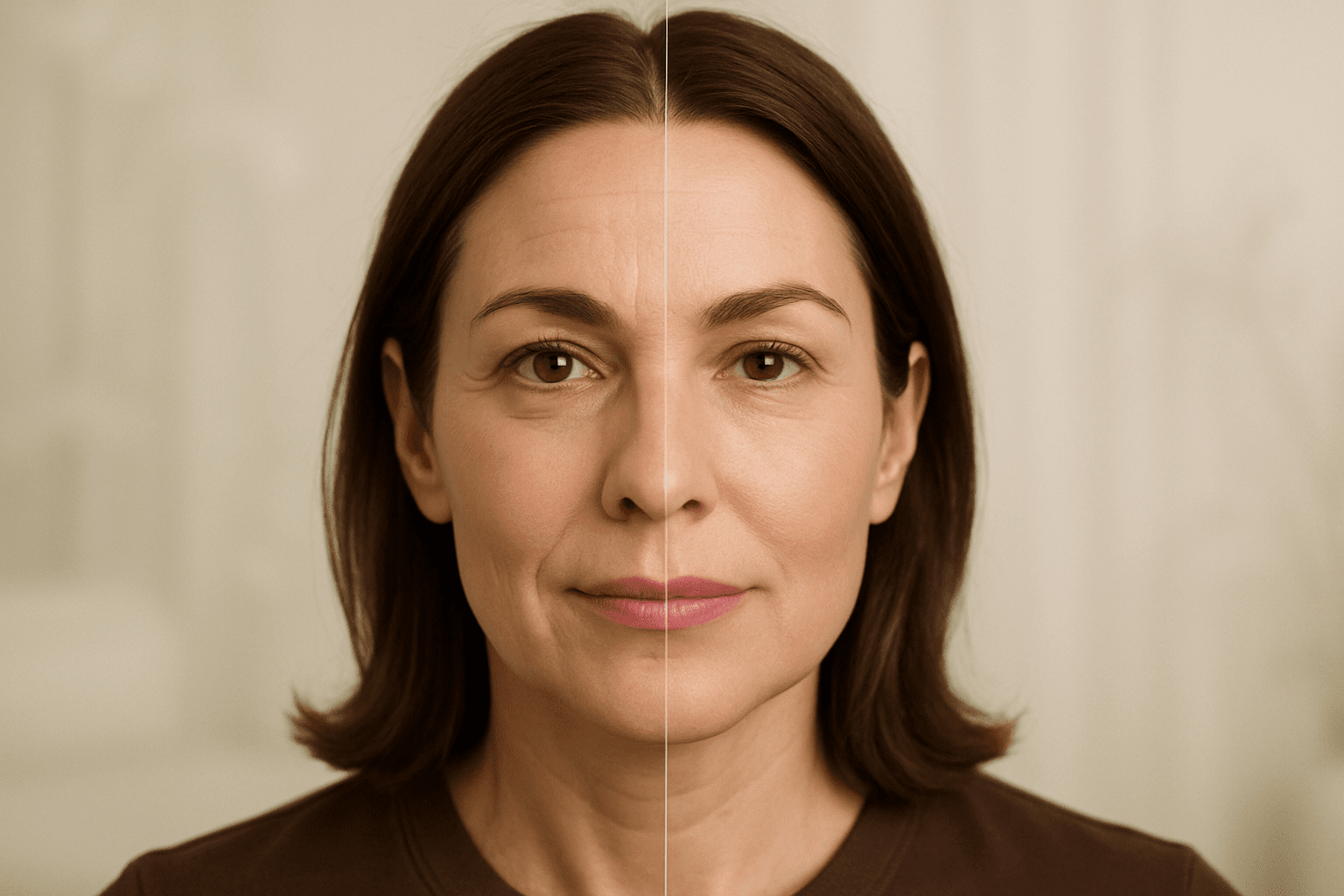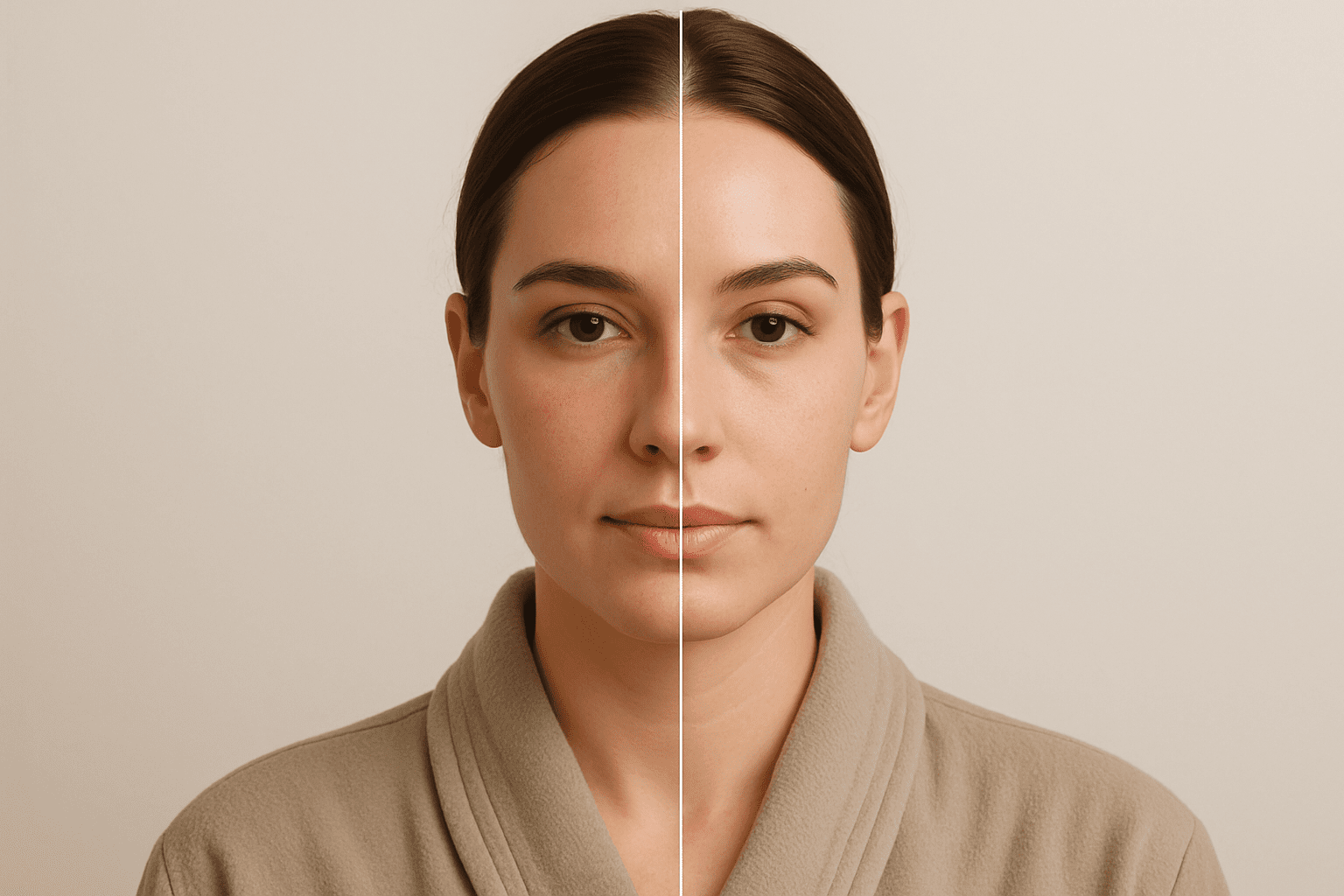Introduction
Injectables have come a long way from overfilled lips and frozen foreheads. Today, the gold standard is subtle, natural-looking volume restoration—results that make you look refreshed, not redone. If you’re exploring injectables and caught between Fillers vs. Sculptra, you’re not alone. Each has its strengths, but which is right for your face, goals, and aging concerns? Let’s break down the differences so you can decide with confidence.
Jump To:
TLDR – Quick Guide
What are Fillers?
Hyaluronic acid-based gels that add instant volume to lips, cheeks, and wrinkles.
What is Sculptra?
A biostimulatory injectable that gradually stimulates collagen production for subtle, long-lasting volume.
Which lasts longer?
Sculptra can last up to 2 years, while most fillers last 6–18 months.
Best for natural results?
Both can look natural—Sculptra wins for full-face volume restoration, fillers win for precision tweaks.
Downtime?
Minimal for both; mild swelling or bruising may occur.
Detailed Breakdown
What Are Dermal Fillers?
Dermal fillers are gel-like substances, most commonly made of hyaluronic acid (HA), a naturally occurring molecule in the skin that attracts water. They’re injected beneath the surface to fill lines, enhance features, or restore lost volume.
Common brands: Juvederm, Restylane, RHA Collection
Popular uses:
- Lip enhancement
- Nasolabial folds
- Cheek volume
- Tear troughs
- Chin and jawline contouring
Pros:
- Immediate results
- Reversible with hyaluronidase (for HA fillers)
- Ideal for targeted corrections and facial balancing
Cons:
- May require touch-ups every 6–12 months
- Can migrate if improperly injected
- Overfilling is possible without expert technique
What is Sculptra?
Sculptra is not a filler—it’s a collagen biostimulator made of poly-L-lactic acid (PLLA), a synthetic compound that stimulates your skin to produce its own collagen over time. It works gradually, subtly rebuilding volume from within.
How it works:
- Tiny PLLA particles are injected into the skin
- These stimulate fibroblasts to produce new collagen
- Results appear gradually over 4–6 weeks and improve with each session
Best for:
- Hollow temples
- Sunken cheeks
- Jawline softening
- “Deflated” facial volume due to aging or weight loss
Pros:
- Long-lasting (up to 2+ years)
- Smooth, natural results that improve over time
- Excellent for full-face rejuvenation
Cons:
- Results aren’t immediate
- Requires a series of treatments (typically 2–3 sessions)
- Not reversible
Comparing Fillers vs. Sculptra Side-by-Side
| Feature | Fillers | Sculptra |
| Material | Hyaluronic Acid (HA) | Poly-L-lactic Acid (PLLA) |
| Mechanism | Adds volume instantly | Stimulates collagen over time |
| Results Timeline | Immediate | Gradual (4–6 weeks) |
| Longevity | 6–18 months | Up to 2 years |
| Best For | Lips, under-eyes, folds, precision shaping | Full-face volume loss, hollow cheeks/temples |
| Touch-Ups Needed? | Yes | Less frequently |
| Reversible? | Yes (for HA fillers) | No |
| Number of Sessions | Usually 1 | 2–3 sessions spaced out |
What to Expect with Each Treatment
At My Skintastic, both treatments begin with an in-depth consultation to understand your facial structure and aesthetic goals. A highly skilled injector will tailor the product and technique to your face, ensuring natural, balanced results—never overdone.
- Filler Appointment: 30–45 minutes, immediate results, minor swelling/bruising possible.
- Sculptra Appointment: 45–60 minutes, minimal discomfort, results build over time with massage guidance post-treatment.
Key Takeaways
- Fillers are best for instant, targeted enhancements and subtle tweaks with control and reversibility.
- Sculptra is ideal for clients wanting gradual, long-term improvement in facial volume and skin quality.
- The two aren’t rivals—they’re often used together for comprehensive facial rejuvenation.
- At My Skintastic, a skilled provider will guide your treatment plan to align with your age, skin health, and personal goals.
- The most natural-looking results come from expert technique, not just product choice.
FAQs
1. Can Fillers and Sculptra be combined?
Yes! Many providers use Sculptra for full-face foundation and add fillers for precise contouring in areas like the lips or jawline. This combination delivers structure and softness.
2. Which is more cost-effective?
Sculptra has a higher upfront cost but lasts longer. Fillers may require more frequent touch-ups, so the total cost over time depends on how your body metabolizes the product and your goals.
3. Is one safer than the other?
Both are FDA-approved and safe when injected by experienced professionals. The key is proper assessment and technique—always choose a medical-grade provider like My Skintastic.
4. What if I don’t like the results?
HA fillers are reversible with an enzyme called hyaluronidase. Sculptra is not reversible, but because it builds gradually, any adjustments can be made early in the process.
5. Will I look overfilled?
Not with the right provider. Skilled injectors aim for balanced, proportionate results that enhance your natural features—not distort them. Always choose clinics with proven results and client testimonials.



